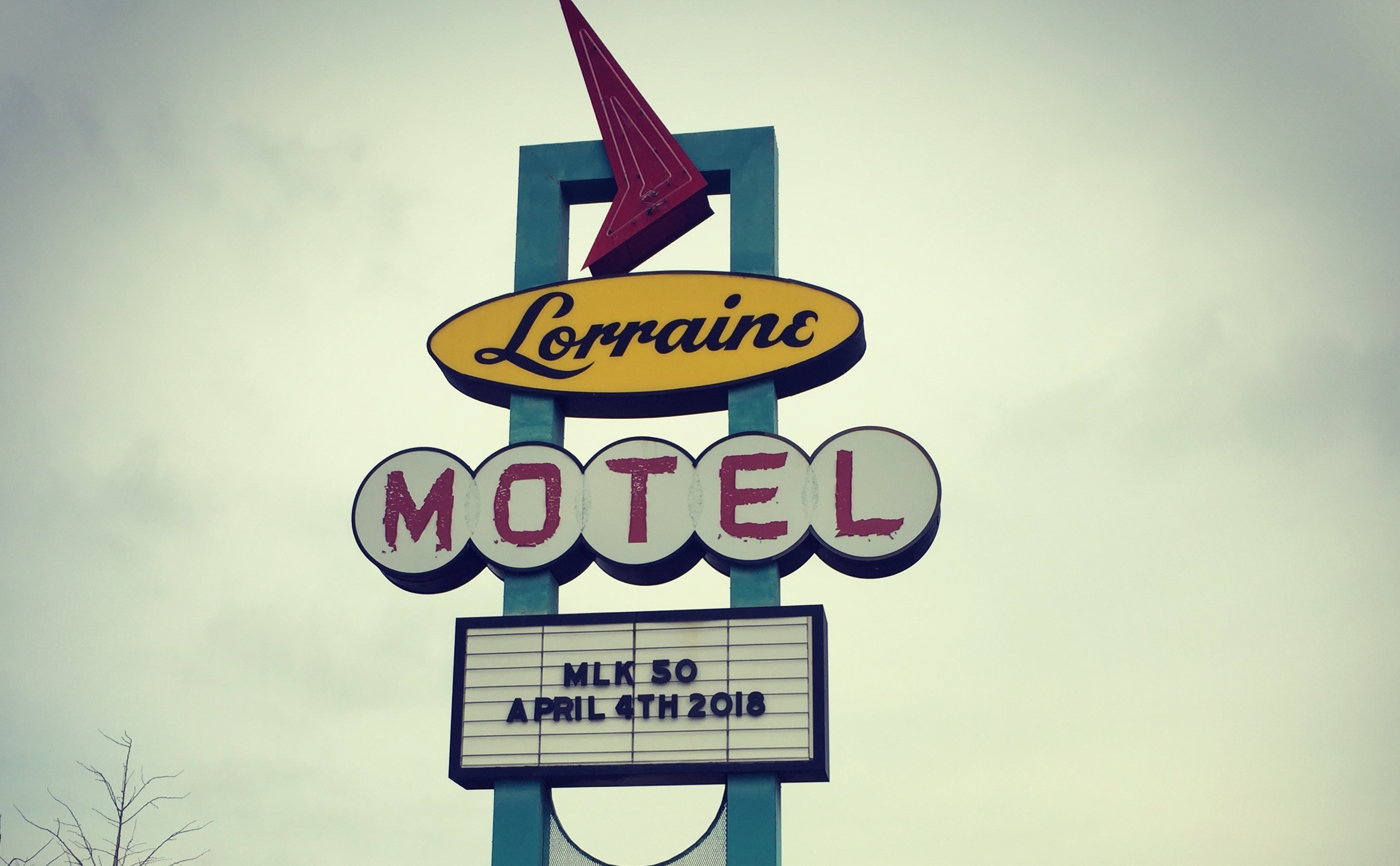
Fifty years ago the world lost an inspirational leader. Dr Martin Luther King Jr was assassinated in Memphis, Tennessee. He campaigned for civil rights, and specifically for African Americans to have the same basic rights and freedoms as their white counterparts. But his vision was wider than ending race based oppression: it was one of equality and peace.
The late nineteenth century and the early twentieth century saw an erosion of the rights of African Americans. The Confederacy comprehensively lost the American Civil War, but arguably it won the peace. The democratic, land ownership, and other rights of African Americans were stripped away through a series of laws and practices. It was impossible to defend against them lawfully because they represented a consensus of the groups in power. Peaceful resistance did not gather pace until after the Second World War, with well documented manifestations like the Montgomery Bus Boycott which was triggered by the refusal of an African American woman Rosa Parks to give up a bus seat which she had lawfully occupied to a white passenger. The boycott lasted for over a year between 1955 and 1956 and was the first mass public action against racial segregation.
Dr. King led the bus boycott. In 1957 he became the first president of the Southern Christian Leadership Conference. In 1962 he led an unsuccessful struggle against segregation in Albany, Georgia, and the nonviolent protests in Birmingham, Alabama in 1963. He was one of the leaders of the 1963 March on Washington, where he delivered his world famous “I Have a Dream” speech. In 1964 he won the Nobel Peace Prize. His tactics were always of non violence and he wasn’t only focussed on changing the law. He campaigned for decent housing, for education, for labour rights, and for the recognition of the human rights and needs of the most vulnerable people in society. He believed that an equal and peaceful society would be of benefit to everyone, and that was the way humanity could be successful.
A month ago I was in Memphis. I visited the museum and education centre built on the site of the Lorraine Motel, where Dr King was assassinated. I was surrounded by groups of school kids. Some were boisterous and naughty, happy to be on a school trip and not really paying attention to the exhibition and the education materials. Others were engrossed in the displays. But when the group reached the location where Dr King lost his life, all quietened down, realising the tragic significance of the place where they stood. All of them would leave knowing who Martin Luther King Jr was and why his work was so important.
Some things have changed since the 1960s. We no longer have legal segregation and there are some laws to protect people from the worst kinds of discrimination. But we have also seen as recently as in the last two years new laws which strip away the rights of some groups in society. Populism in some countries has in part legitimised new forms of oppression and technology has been both a positive and a negative force. Racism, sexism, homophobia and other forms of discrimination are alive and well in many settings.
Justice Studio only works with organisations with direct beneficiaries. They include some of the most vulnerable people in society. By supporting them, our clients are creating a more equal world, one where there can be hope for peace and equality. Dr King’s vision was global, and to achieve it thousands of organisations and millions of people must work towards the same goals. It is a vision which we are proud to share. The contribution of each of our organisations may seem small given the scale of the world’s challenges, but the total is greater than the sum. By raising a million voices together we can ensure global change.

